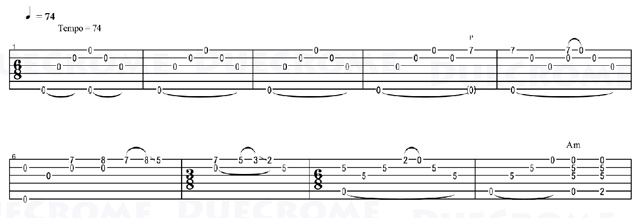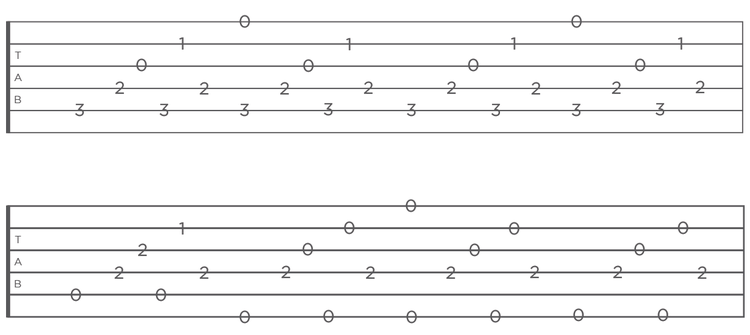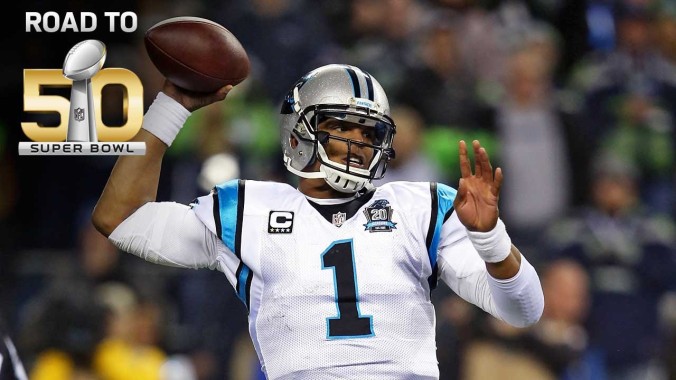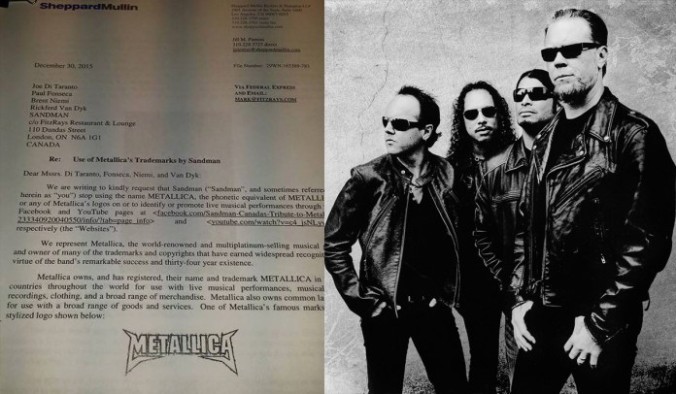Americans buy millions of new guitars every year.[1] Many of these are “entry-level” guitars intended for those trying to learn a new instrument. Yet somewhere in the range of 90% of new guitar players quit trying within the first year. When the electric guitar first became popular in the 1950s and 1960s, there were few ways to accelerate the learning curve. By the late 1990s, along with the advent of the internet, a tool for learning guitar and how to play popular songs reached the masses: guitar tablature or “tab” for short. The concept of tablature was not new, but the ability for an individual to read and acquire tabs through the internet was groundbreaking.
Guitar tab is essentially a shorthand method for transcribing the specific notes and chords of a song in a format that mimics the finger positions on a guitar’s fretboard. Instead of having to learn to read and translate formal sheet music, tablature is simplified. Each note is represented by a number that corresponds to a particular string and location on the fretboard. The beauty of guitar tab is that most anyone who plays guitar can transcribe a song into this format and share it with others as a teaching tool.
Naturally, it did not take long for the internet to respond in kind. Sites with collections of thousands of tabs populated the web seemingly overnight. To the surprise of no one, this also caught the attention of the music publishing industry. And their lawyers. Copyright law concerns threatened to shut down online guitar tab publishing in its entirety.
My question today is simple: while guitar tablature is likely a “derivative work” restricted by copyright law – should it be? Or should there be some sort of expressed fair use exception for guitar tablature? And if not, why not?




Recent Comments